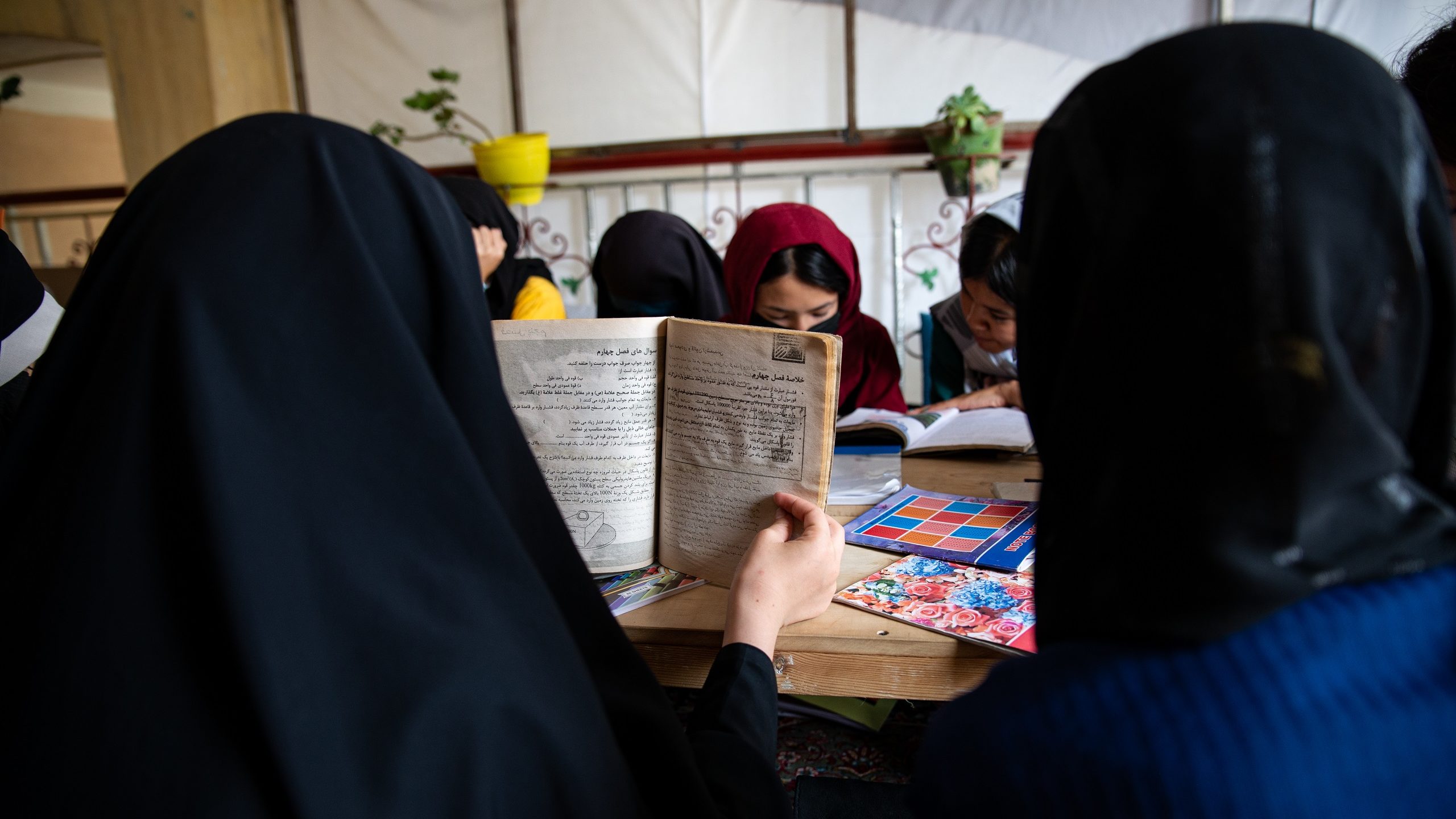Taliban Tighten Grip on Higher Education in Afghanistan
Arshad Mehmood reveals that the Taliban are targeting Afghanistan’s education system through curriculum overhauls, dismissals, and intimidation, effectively silencing dissenting academics. After banning women from schools and universities, the Taliban are now removing male professors who contradict their ideological goals. This systematic reorganization has led to educators’ forced resignation or exile at institutions such as Sayed Jamaluddin Afghani University.
Twelve professors from that university were dismissed for being labeled “Salafists,” reflecting the Taliban’s focus on eradicating any perceived ideological threat. Many educators have left Afghanistan, fearing the continued crackdown on critical thinking. Observers, including the head of foreign relations for the National Resistance Front of Afghanistan Ali Maisam Nazary, warn that this purge could shape a generation vulnerable to extremist ideologies. In addition, nonresident Senior Fellow at the Atlantic Council Kamal Alam argues that any hope of a reformed Taliban is misplaced, given their practices.
This holiday season, give to:
Truth and understanding
The Media Line's intrepid correspondents are in Israel, Gaza, Lebanon, Syria and Pakistan providing first-person reporting.
They all said they cover it.
We see it.
We report with just one agenda: the truth.


Meanwhile, some Taliban representatives insist they are simply aligning curricula with Islamic Sharia, claiming women had been granted excessive freedoms under previous governments. Yet female students remain barred from universities, and Supreme Leader Mullah Hibatullah Akhundzada has banned women from attending medical institutions. Educators like Abdul Majid, once part of the Faculty of Sharia, have fled, calling the Taliban’s approach a form of “educational demolition.”
Read the full article for more insight into how the Taliban’s actions threaten academic freedoms and drive intellectuals to seek refuge abroad, leaving Afghanistan’s higher education sector diminished and isolated. This shift jeopardizes Afghanistan’s progress and deprives its future leaders of diverse learning experiences. Stakeholders worry that growing extremism within educational systems will discourage international collaboration and sustain conflict across the region.

